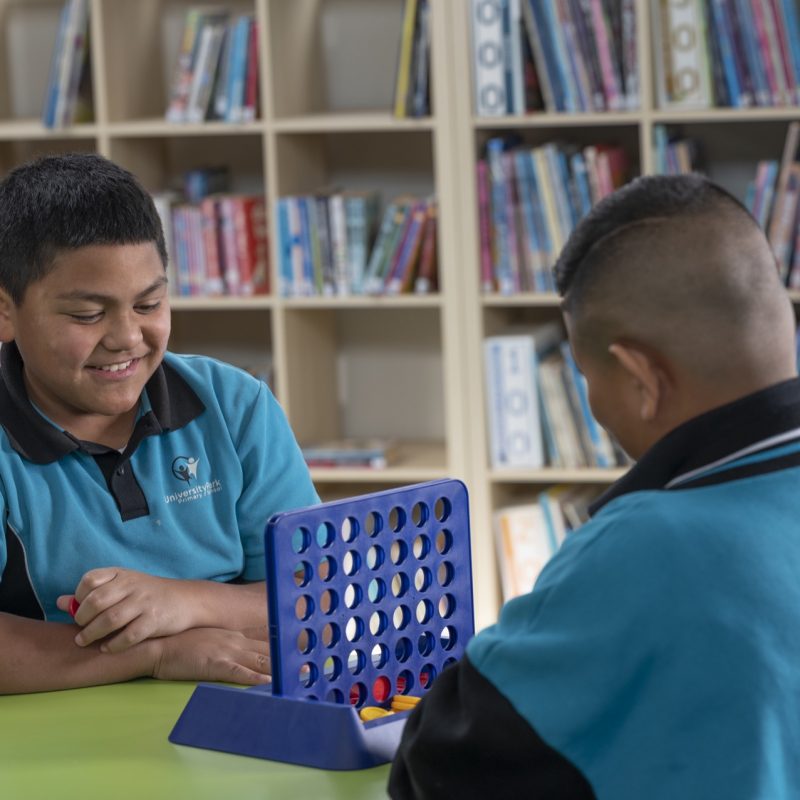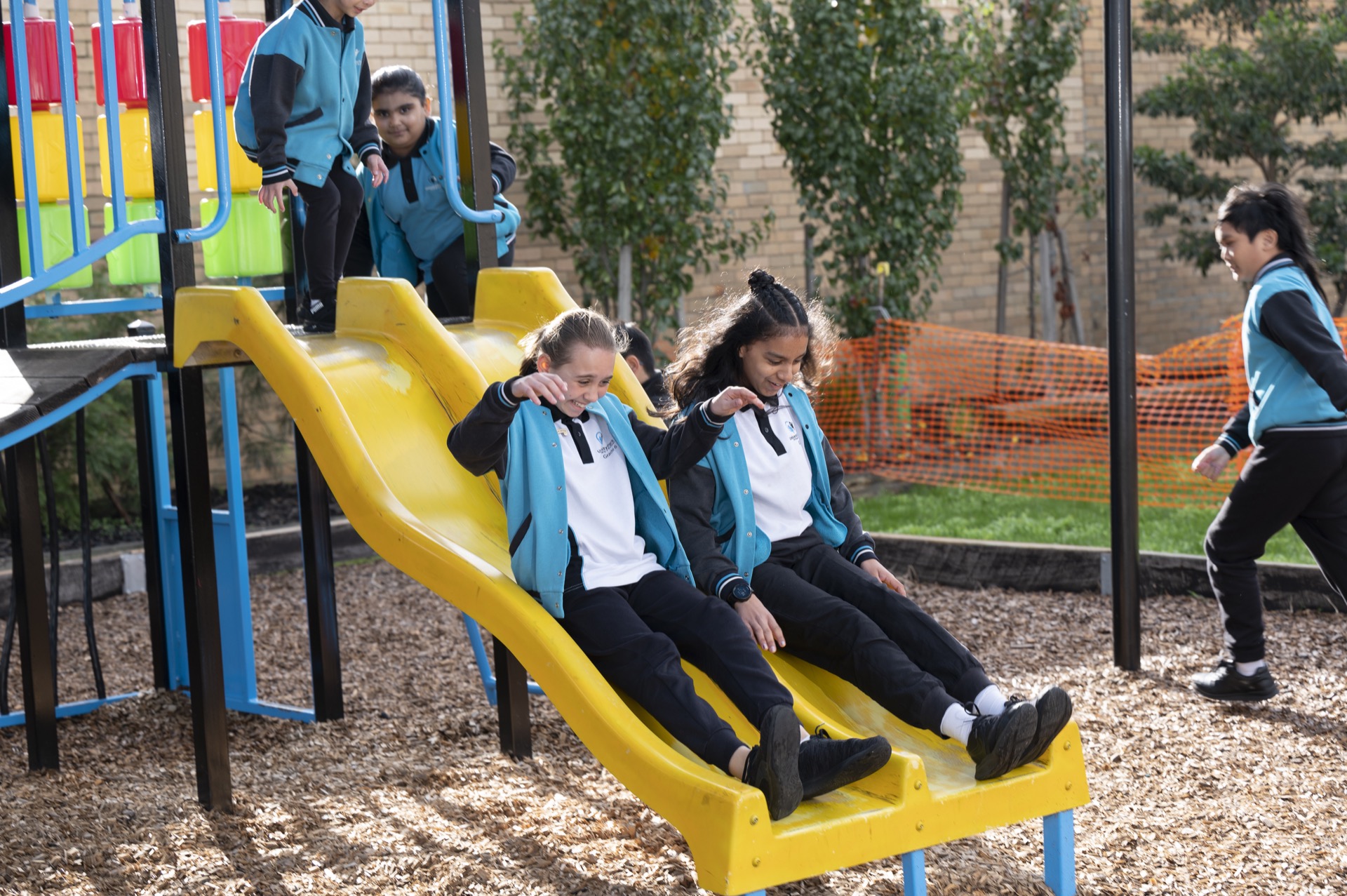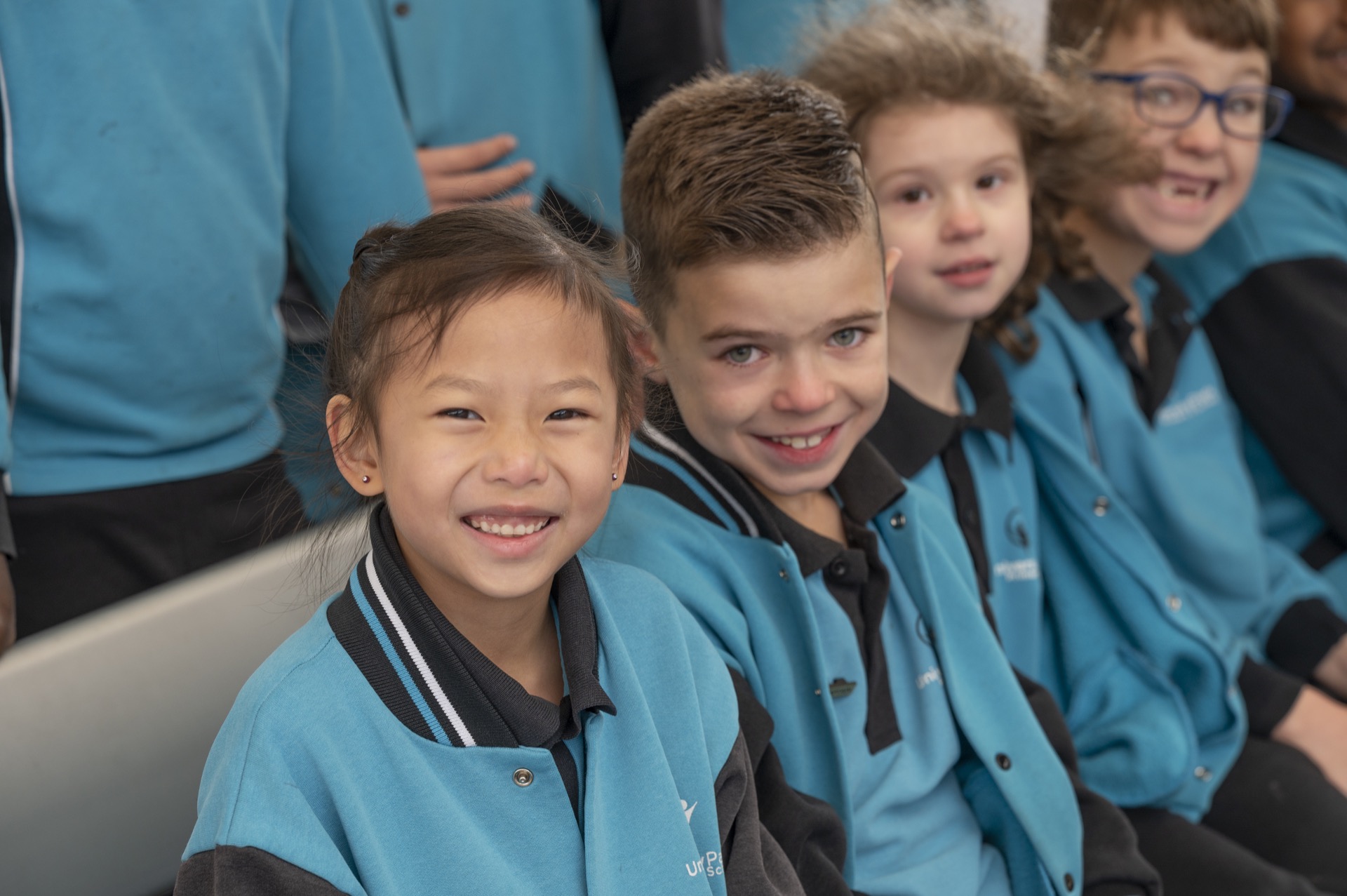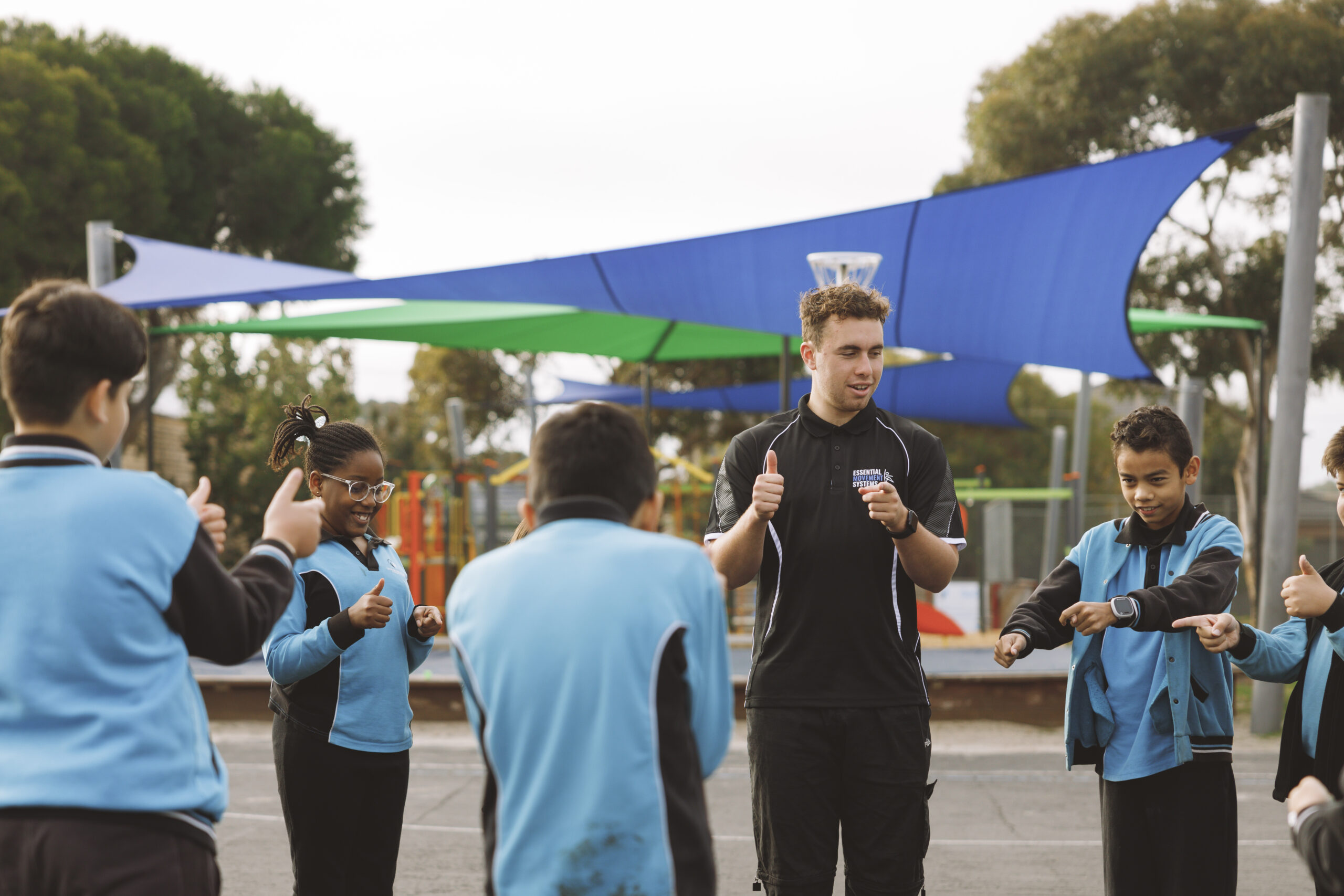Home / Teaching & Learning / Social and Emotional Learning
Social and Emotional Learning
Social and emotional learning (SEL) helps students learn the skills they need to build resilience and effectively manage their emotions, behaviour and relationships with others. At UPPS, SEL is taught across all year levels, using evidence-based approaches, and covering the Health curriculum, Respectful Relationships, Zones of Regulation and learning about our school values.


The UPPS SEL curriculum is designed to focus on different social and emotional competencies as students grow and develop, engaging and supporting them throughout their primary school years. In addition to the core SEL curriculum, students are provided with various learning experiences at each year level:
- Foundation – a focus on establishing routines, supporting peer interactions and establishing friendships, and developing students’ speaking and listening skills to promote confidence and a readiness for learning.
- Grade 1/2 – Bluearth sessions fortnightly.
- Grade 3/4 – Weekly Kitchen Garden sessions
- In Grade 3/4 and 5/6, students are also taught the Friendship Saver Program – an engaging, evidence based program which teaches social skills and strategies to support friendships and positive peer relationships, and the ability to manage conflict appropriately.
Respectful Relationships
Respectful Relationships education is a core component of the Victorian Curriculum and is taught in all government schools from Foundation to year 12, following recommendations from the Royal Commission into Family Violence.
At UPPS, the Respectful Relationships program is embedded in the SEL program, and draws heavily from the Resilience, Rights and Respectful Relationships teaching and learning materials developed for schools, to ensure our program is engaging, age appropriate and evidence based.
We recognise that everyone in our community deserves to be respected, valued and treated equally. Respectful Relationships is about embedding a culture of respect and equality throughout the entire school community, leading to positive impacts on relationships between students and teachers, supporting student wellbeing and behaviour, and leading to improved learning outcomes.

